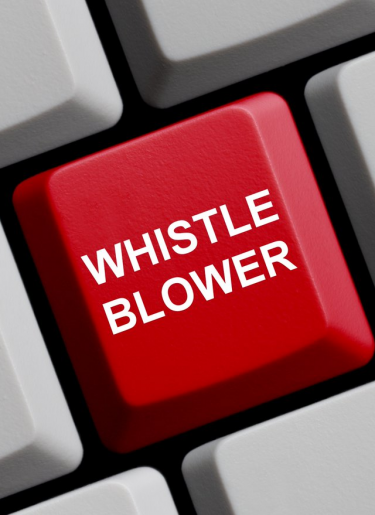
In December 2017, Italy amended its legislation concerning whistleblowing in the public sector and introduced specific protection for whistleblowers in the private sector. The new regulation aims to protect the integrity of both public administration and private organisations by incentivising employees to report unlawful conduct and offences.
Under the regulation for the public sector, which also applies to private companies that provide goods and services to public sector entities, any sort of wrongdoing can be reported not only to the whistleblower’s employer, but also to the Italian Anticorruption Authority.
In the private sector, the whistleblowing regulation forms part of the legal provisions dealing with the administrative liability of companies (including those that are not legal entities) for a wide series of specific offences listed in the law, committed in the interest of or to benefit of the company. As a consequence, it applies only to reporting concerning offences that may give raise to such administrative liability or that violate the organisational and management models of the company. The report must be based on precise and consistent facts of which the employee has become aware in relation to the performance of his or her role.
Companies are required to implement this legislation to guarantee the confidentiality of the whistleblower’s identity both while managing the report and during the resulting investigations and to prohibit any direct or indirect retaliation or discrimination against the whistleblower as a result of him or her making the report. Specific disciplinary sanctions must be set out for individuals who breach these provisions protecting the whistleblower. Sanctions must also be imposed on anyone who maliciously or grossly negligently reports an offence that is subsequently revealed to be untrue.
The whistleblower is protected also against any organisational changes that have a direct or indirect negative impact on his or her employment conditions. It is up to the company to demonstrate that any such measures are based on other reasons and are not connected to the filing of a whistleblowing report.
While the reporting employee benefits from strong protection under the new regulation, it does not provided for any safeguards for individuals against whom reports are made. Therefore, companies have to set out a specific policy and manage reporting in order to ensure the whistleblowing system is used fairly.


